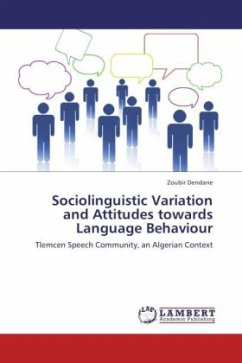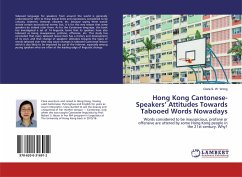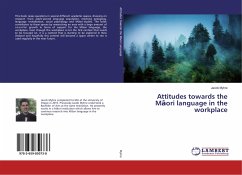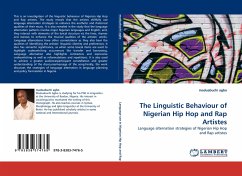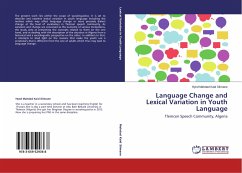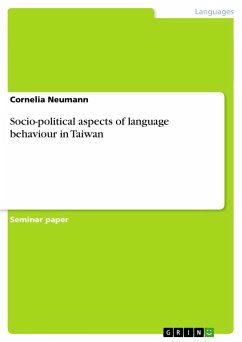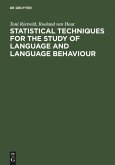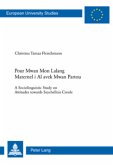Interaction between social factors and language use is clearly detectable in all types of society, though different speech communities will display different characteristics in relation to the nature and status of the languages at play. Following the variationist paradigm and by means of quantitative and qualitative approaches, this research work examines a wide range of issues that pervade today's Algerian language practices, while attempting to analyse the intricacies of a multi-dimensional linguistic configuration. In addition to dialectal variation, diglossia and bilingualism are two linguistic phenomena that may be seen as part of the Algerian social identity. The use of French, Standard Arabic or mixing and switching languages are not random, but patterned on the basis of communicative competence and language choice governed by social factors and settings. From a social-psychological perspective, this work shows how attitudes play a crucial role in the maintenance or shift of a language or dialect. The strong stigmatisation of Tlemcen speech has led to negative reactions, particularly among young male speakers and may eventually result in dramatic linguistic changes.

